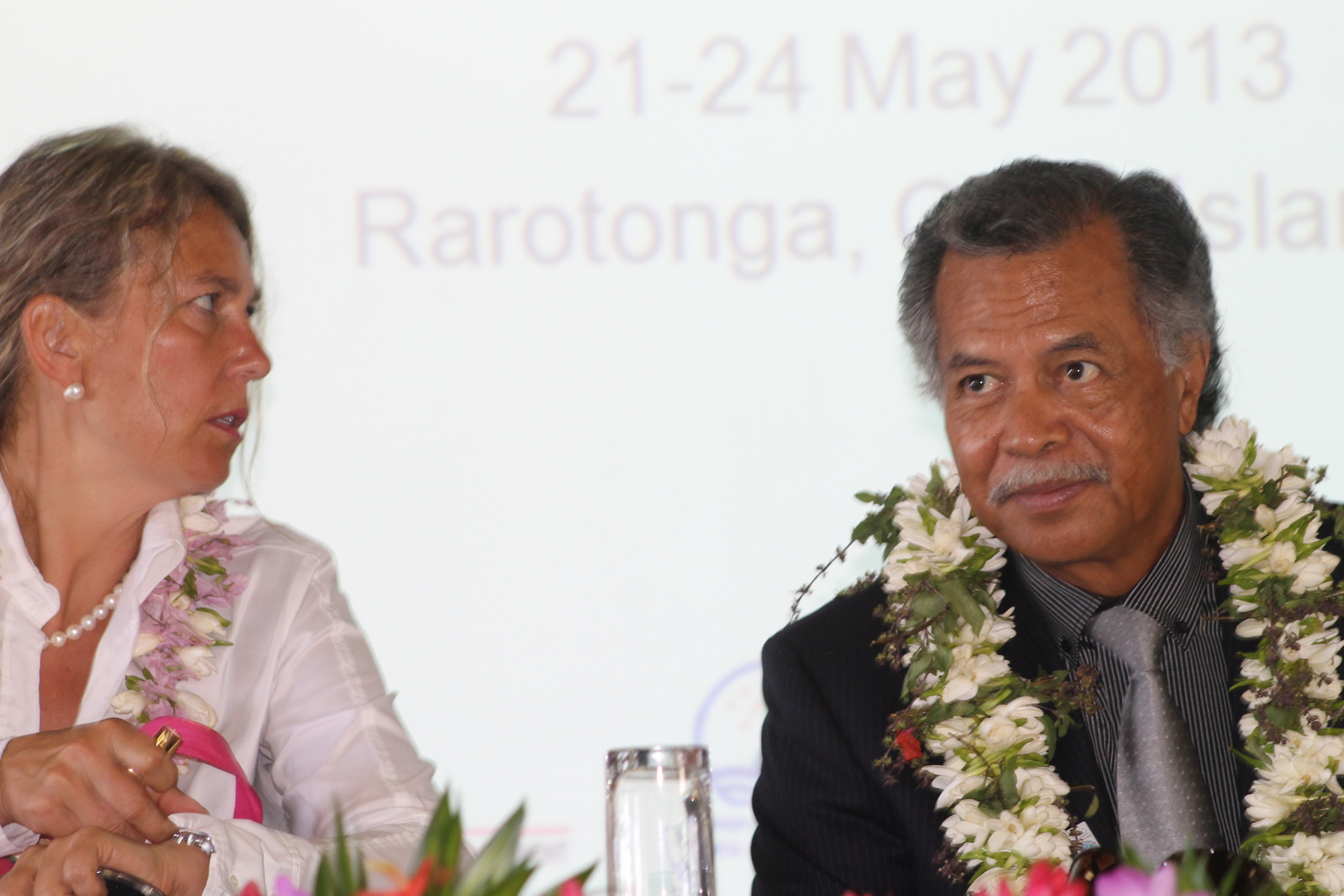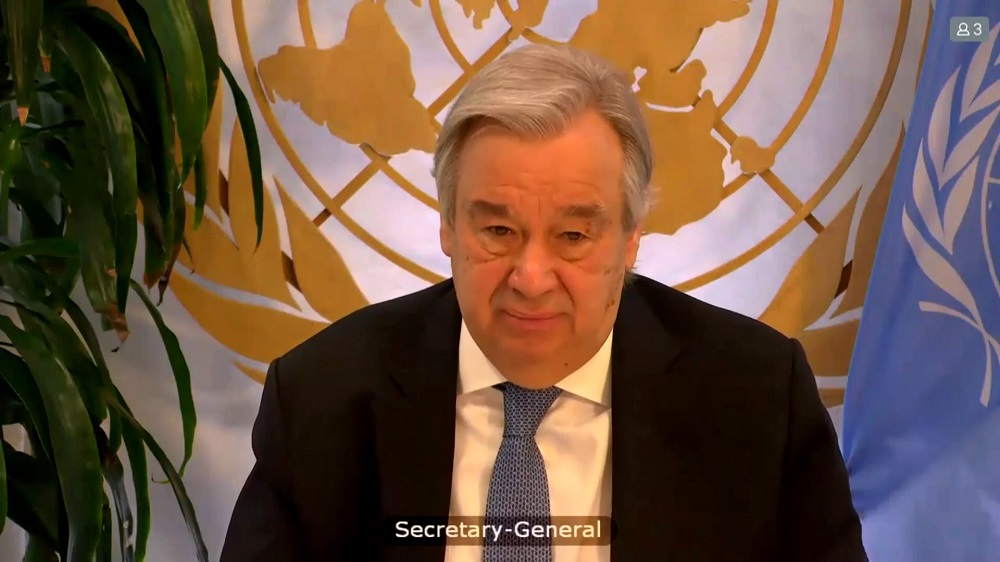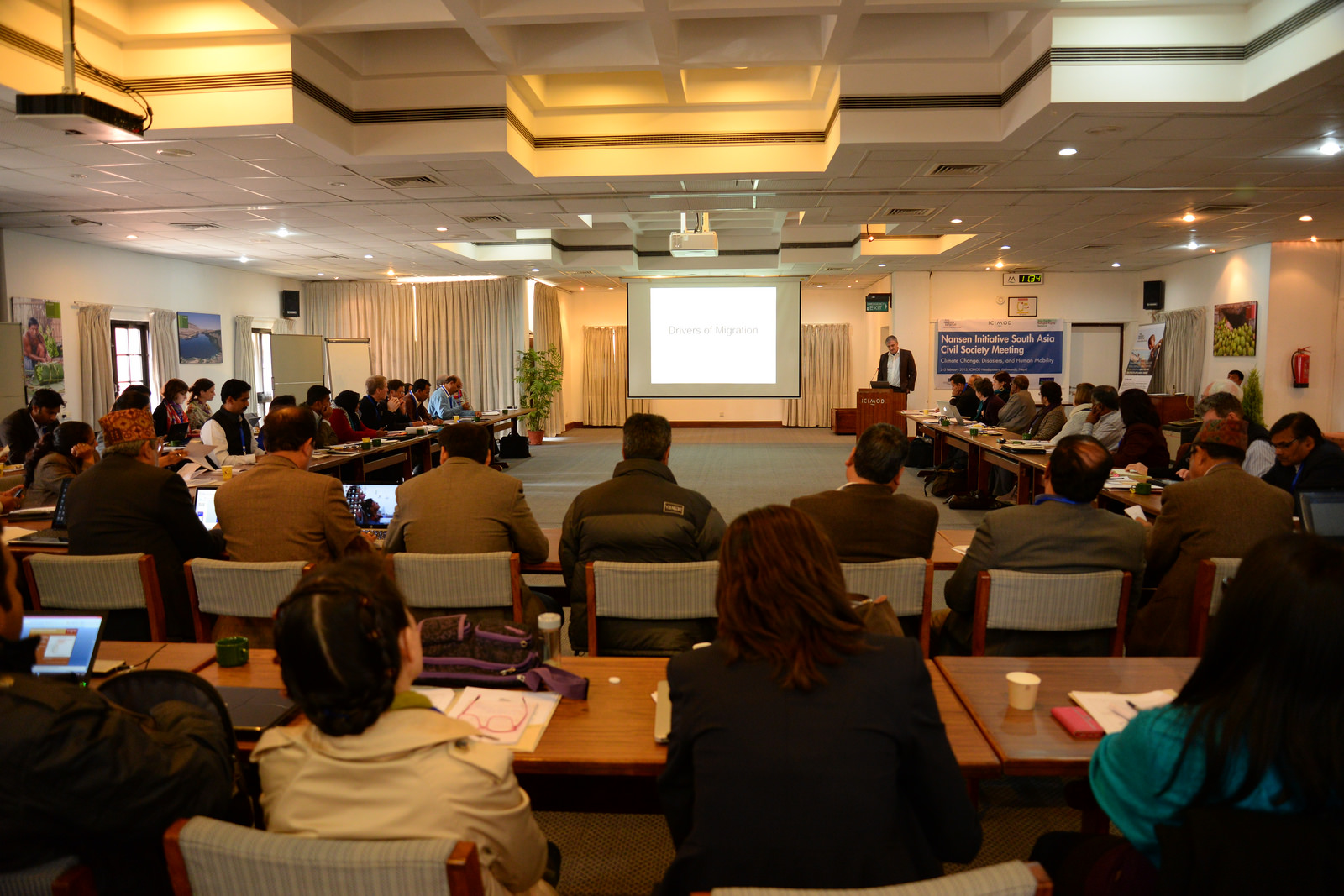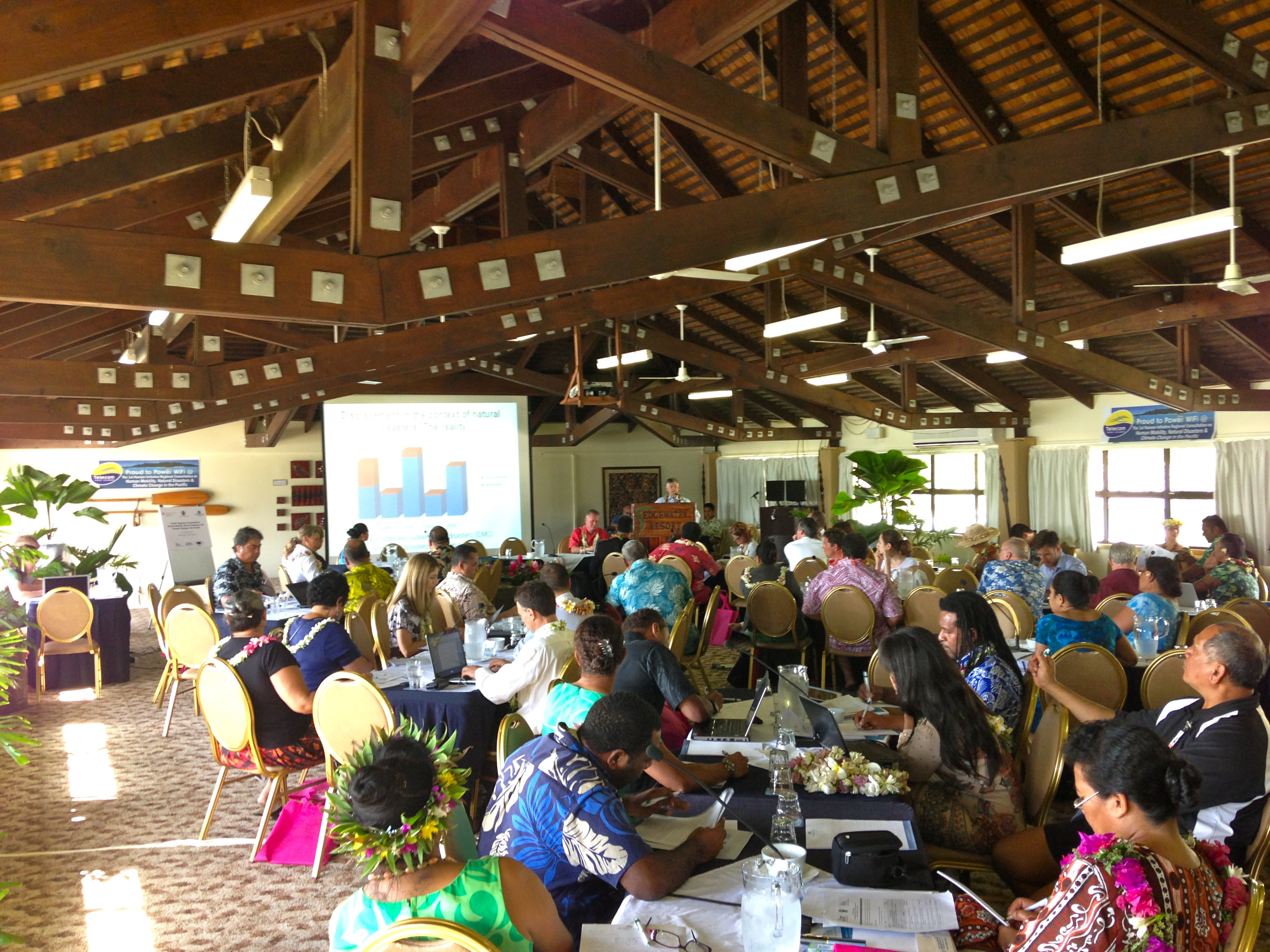Opening Address by Prime Minister Hon. Henry Puna

Rarotonga, Cook Islands, 21 May 2013 – Nansen Initiative Pacific Regional Consultation Human Mobility, Natural Disasters and Climate Change in the Pacific Opening Address by Cook Islands Prime Minister Hon. Henry Puna Your Excellencies (Mr. President, Madam Vice-President), Ministers, Representatives of Governments from the Nansen Initiative Co-Chairs Switzerland and Norway, Heads of Organisations and Distinguished Delegates from around the Pacific and beyond. I’d like to begin with a special welcome to my friend and colleague from Nauru, His Excellency President Sprent Dabwido. I’m pleased that the President has decided to return to Rarotonga and participate in this consultation. The Cook Islands and Nauru, of course, have a long history of warm relations and our countries are very close collaborators and partners in terms of helping to drive the Small Islands Developing States’ agenda. I am pleased that the President has clearly demonstrated a strong interest in seeing how we can move forward on this discussion, in terms of the subject matter of the Nansen Initiative. And I thank him for travelling here to be with us. With Nauru as the current Chair of AOSIS, we work closely together on issues of mutual concern and Climate Change is one of the most pressing concerns that we – as Small Islands Developing States – face in the Pacific. I’d also like to make special mention of a few key people in the staging of this event in the Cook Islands – the first of its kind in the world and the first steps toward a global dialogue on: “Human Mobility – Natural Disasters and Climate Change”. Special Envoy Professor Walter Kaelin, and Ambassador Marion Weichelt – our discussions in Auckland in March have led us here and I know this has been a shortened timeframe of preparations but – here we are. I said I would lend my support to this regional consultation and with the help and guidance of David Shepard of SPREP, and the Pacific Islands Forum Secretariat team, we have done our best to bring you all here today – experts, technical advisors, and policy thinkers – and open key linkages to political decision-makers. Although we do have a number of absences here today, I am thankful for the interest from the Pacific Region and the effort made to commence the discussion on cross-border displacement, as a result of natural disasters, including climate change. Our role here this week is to elicit the concerns from a broad range of stakeholders, find commonality in approach, and see how we can enhance and strengthen our collective Pacific voice. This may be particularly challenging. After all, we already have a crowded SIDS agenda on Climate Change with adaptation negotiations, Climate financing, and liability issues related to Loss and Damage. As a Region, our countries have been in the frontline of a global fight for survival – and the work toll has been heavy. The job of keeping up the fight for adequate international attention, political agreement, and financial resources, is endless. As the global discussion turns to the question of cross-border displacement as a result of adverse climate impacts upon our countries, the obligations to cater for adequate protection and security of those forced to abandon their land will be seriously burdensome – not to mention sensitive. As a Northern Group resident, in Manihiki, I have a deep appreciation of how serious the implications of forced human mobility can be. Virtually the entire island population of Manihiki was evacuated in the aftermath of Cyclone Martin in 1997, which claimed 19 lives. Traumatised and devastated by this disaster, our people – including the children – required counselling as well as relief assistance. This internal displacement had a profound effect and impact upon the island, and the population numbers have not recovered to this day. Manihiki today, as do all our atoll communities, remains highly vulnerable to the increased frequency and intensity of cyclones, sea surges, and coral degradation as a result of climate change. The threat of displacement and forced mobility of our people remains a reality because of the impact of disasters associated with, and linked to extreme weather and adverse climate change. In more recent years, tsunamis have also displaced large numbers of Pacific peoples, claiming many lives and destroying villages in Samoa and the Solomon Islands. Real experiences like ours are being felt throughout the Pacific Region. We can all relate to the need to secure our homes and livelihoods in the event of disaster, and the relocation of communities and villages is a serious debate that needs serious attention. I would like to encourage you all to do just that, this week. We have a collective responsibility to address the issues that will emerge as a result of cross-border displacement, and to safeguard our lives and identity as Pacific peoples. I look forward to a fruitful and lively debate and to discussing these issues and concerns with you all, later this week. Kia Orana e Kia Manuia.




